
Basidiomycota is one of two large divisions that, together with the Ascomycota, constitute the subkingdom Dikarya within the kingdom Fungi. Members are known as basidiomycetes. More specifically, Basidiomycota includes these groups: agarics, puffballs, stinkhorns, bracket fungi, other polypores, jelly fungi, boletes, chanterelles, earth stars, smuts, bunts, rusts, mirror yeasts, and Cryptococcus, the human pathogenic yeast.

The Russulales are an order of the Agaricomycetes,. According to the Dictionary of the Fungi, the order consists of 12 families, 80 genera, and 1767 species. According to Species Fungorum, the order contains 13 families, 117 genera, and 3,060 species.

Rusts are fungal plant pathogens of the order Pucciniales causing plant fungal diseases.

The Pucciniaceae are a family of rust fungi that cause plant diseases, mainly on cereals such as wheat. The family contains over 4900 species: many of them in the type genus Puccinia.

Julius Oscar Brefeld, usually just Oscar Brefeld, was a German botanist and mycologist.

Pucciniomycetes is a diverse class of fungi in the subphylum Pucciniomycotina of phylum Basidiomycota. The class contains 5 orders, 21 families, 190 genera, and approximately 8,016 species. It has been estimated that this class contains about one third of all teleomorphic basidiomycetes. Pucciniomycetes contains many economically important plant pathogenic fungal rusts; the order Pucciniales is the largest clade in this class, representing approximately 7,000 species.

The Chaconiaceae are a family of rust fungi in the order Pucciniales. The family contained 8 genera and 75 species in 2008. By 2020, there were 8 genera and 84 species.
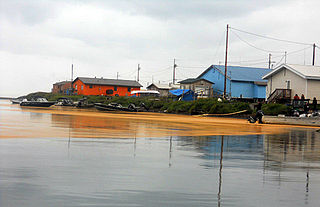
The Coleosporiaceae are a family of rust fungi in the order Pucciniales. The family contains 6 genera and 131 species. It was updated in 2020, to 7 genera and 173 species.
The Mikronegeriaceae were a family of rust fungi in the order Pucciniales: now incorporated into the Zaghouaniaceae. The family contained 4 genera and 13 species.
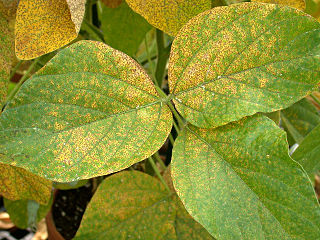
The Phakopsoraceae are a family of rust fungi in the order Pucciniales. The family contains 18 genera and 205 species.

The Phragmidiaceae are a family of rust fungi in the order Pucciniales. The family contains 14 genera and 164 species.
The Pucciniosiraceae are a family of rust fungi in the order Pucciniales. The family contains 10 genera and 57 species.

The Pucciniastraceae are a family of rust fungi in the order Pucciniales. The family contains 11 genera and 158 species.

The Raveneliaceae are a family of rust fungi in the order Pucciniales. The family contains 26 genera and about 323 species.
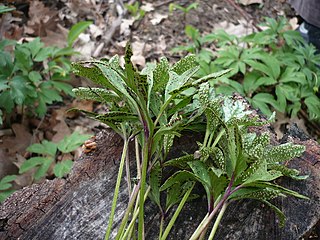
The Uropyxidaceae are a family of rust fungi in the order Pucciniales. The family contains 15 genera and 149 species.
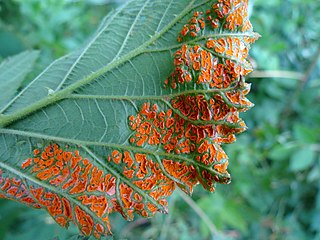
Arthuriomyces is a genus of rust fungi in the family Phragmidiaceae. The genus contains three species that are found in North America, Russia, China, and Japan. The genus is named in honor of American botanist Joseph Charles Arthur, noted for his research on rust fungi.
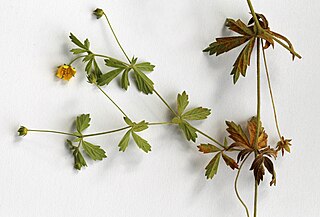
Frommeella (Frommeëlla) is a genus of rust fungi in the family Phragmidiaceae. The widespread genus contains two species.
Achrotelium is a genus of rust fungi in family Zaghouaniaceae. The genus, previously placed in the Chaconiaceae, contains five species that are found in the USA, Philippines, India, and Zimbabwe.

Botryorhiza is a genus of rust fungi in the family Zaghouaniaceae. The genus, previously placed in the Chaconiaceae, is monotypic, containing the single species Botryorhiza hippocrateae, which grows on Hippocratea plants in Brazil and the Caribbean.

Uromycladium is a genus of rust fungi in the family Pileolariaceae. It was circumscribed by mycologist Daniel McAlpine in 1905. The genus was established by McAlpine for rusts on Acacia with teliospores that clustered at the top of a pedicel.















